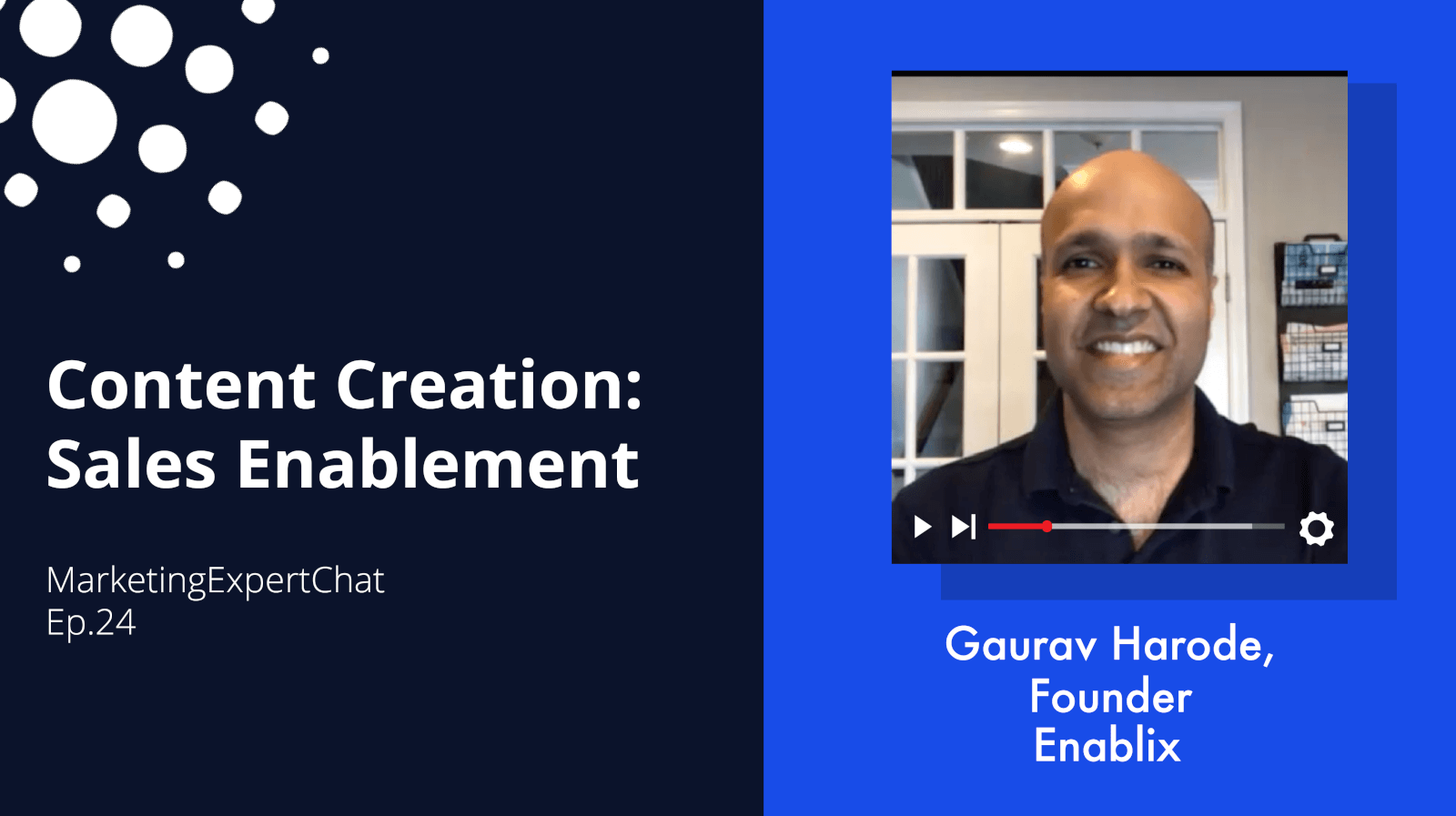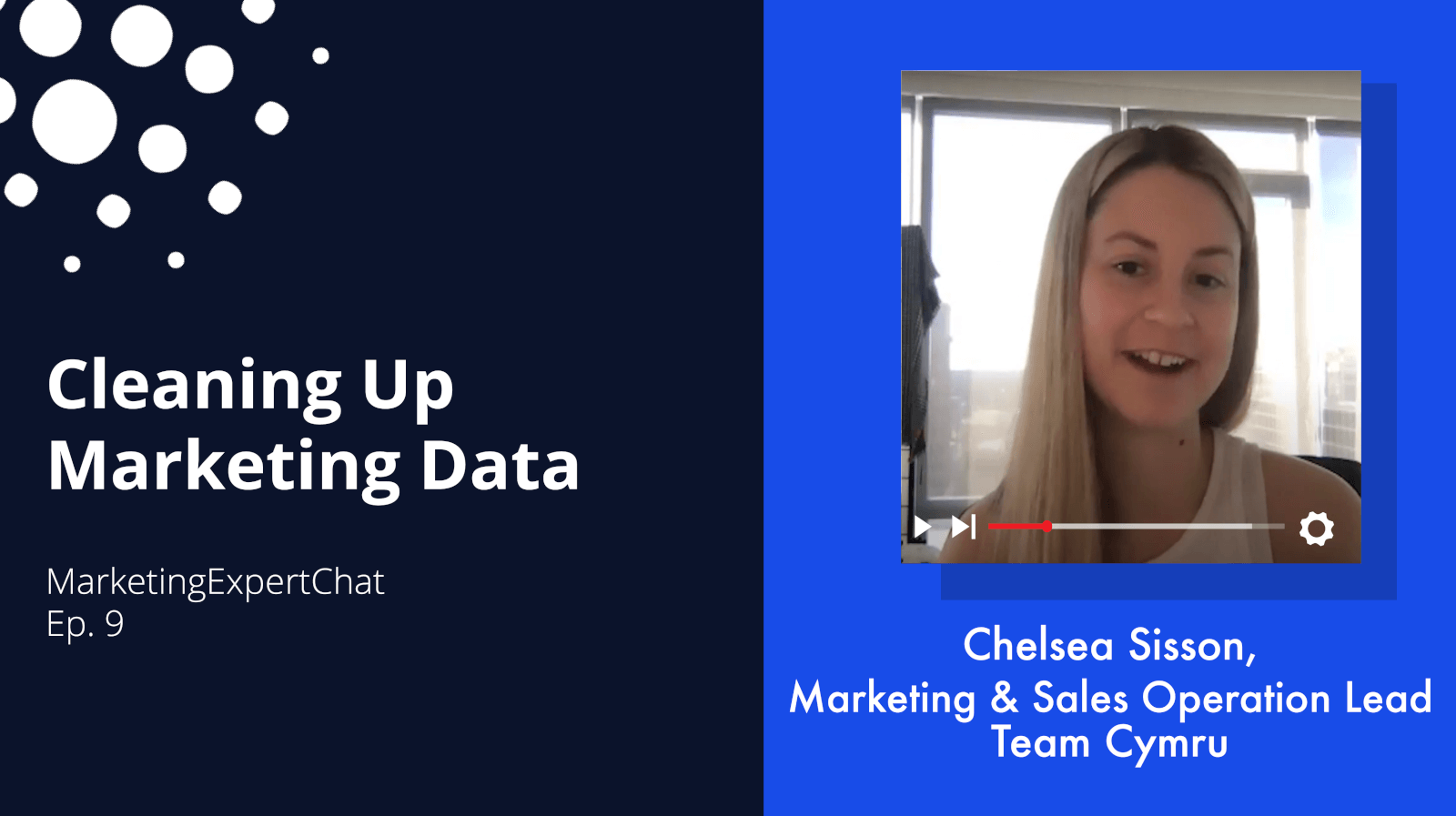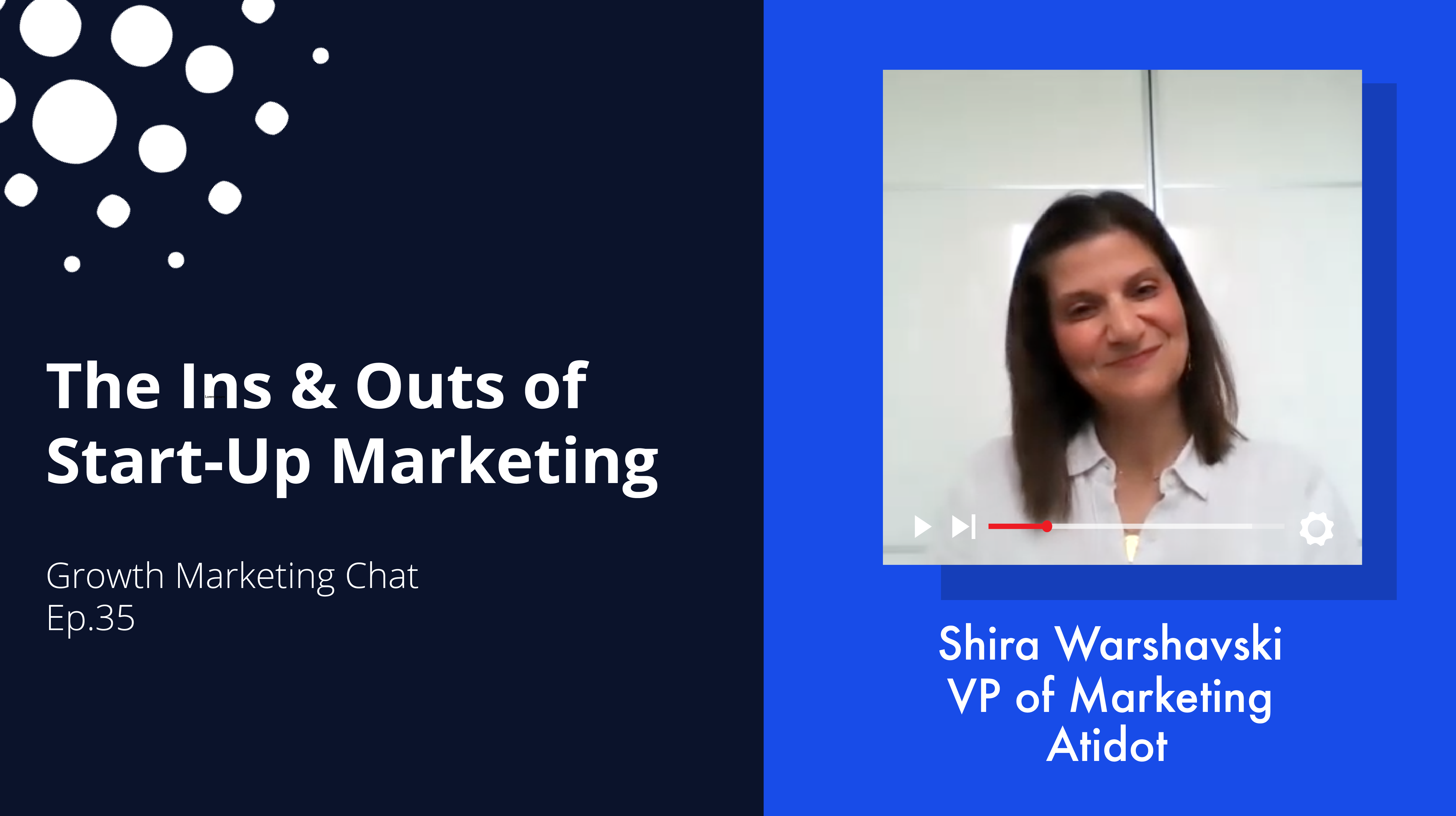In a newer industry and for start-up marketing, clear messaging can have the ability to make or break the business.
Even if you have the perfect digital marketing channels to reach your customers, beautifully designed landing pages and an outstanding product or service, unclear messaging in your content marketing has the power to bring the buyer’s journey to a screeching halt.
It’s critical that you communicate what your product or service is, how it can alleviate pain points for consumers and why it’s better than other solutions. Without these details, how would consumers make an educated decision to purchase your product?
How to Nail The Marketing Messaging for Your Start-Up
We brought in Jaclyn Freedman, Marketing Director at NarrativeWave, to share with us best practices for developing crystal clear messaging that will drive conversions and will level up your demand generation strategies including:
- Listening to both consumers and your internal teams and finding a middle ground
- Researching what competitors are doing and how the marketplace is communicating to identify your differentiators
- Finding ways to connect directly with consumers to glean continuous feedback
- Utilizing a variety of methods to analyze messaging effectiveness on an ongoing basis
Ready to elevate your start-up marketing messaging? Tune in now!
Video Transcript:
CAROLINE: Hi today, I'm here with Jaclyn Freedman. Jaclyn is an experienced Marketing leader and strategist. She's passionate about content, and she's the Marketing director at Narrative Wave. Jaclyn, thank you so much for being with me today.
JACLYN: Of course. Excited.
CAROLINE: So, today we're going to talk about how to craft a clear message and especially, you know, in new industries or in quite, you know, recent companies, it can be challenging to, to craft a really clear message. And yet it's so important because no matter what other activities you do and how good they are, you know, you can have the perfect channels, you can have like really great landing pages. You can have like everything, right? But if your message is not clear, it's never gonna convert. So that's kind of like the most important thing, we can just market us. So, you know, with that I'd like to have in your point of view on how to create a very clear message in a small company or, and in a new industry.
JACLYN: Yeah, for sure. So, you know, like you said, I think that having a clear message is something, I think it gets overlooked a lot or a lot of times people they are creating your messaging are so close to the product or so close to what's going on that maybe it's clear to one person, but not often are we testing, is it clear to everyone? And I think it always goes back to qualifying, right? As a marketer, we always want to be able to qualify our efforts and having a clear message really, really can help with that. And it's kind of a good starting point. You know, for me, especially with a startup or a new industry, I think a lot of it starts with like listening, and just kind of sitting back a little bit and seeing there's also, there's the internal point of view, and then there's, the client point of view of what's happening out there. And then what you think is happening internally, which I think both are probably correct to some degree, but you have to kind of find this middle ground, right? Of, you listen to everyone at work, see what your sales team's talking about, see what your product team's talking about, see what they're producing and why.
And I think really importantly, listening to clients, so, you know, and prospects, you know, existing clients and sitting in on those sales calls and hearing, what people are looking for and then doing your research and seeing what are people searching for? What are competitors in the industry doing? And then, you know, maybe making like a benchmark as to what you wanna track and what that messaging is and how it can help you kind of get to that point.
CAROLINE: Right. Right. So, what kind of, what kind of things are you tracking when you're launching a new message to see if it resonates?
JACLYN: I think, I mean, you know, bounce rate is always a big one, but I like to do a lot of like curated ads going after really specific targets or really specific markets and within your industry and kind of just seeing what's working. A big thing for me is like mapping the pipeline. I think that buying, as marketers, I think we should be as engaged as possible and not just producing that, top of line messaging, but then making sure it's actually following through and doing the job. So, a good way to do that is, checking your pipeline, seeing if these leads are converting and if not, can you throw some content at them that helps? If it doesn't help, why is it not helping? If it does, why is it helping?
You know? So, and then sometimes even talk to the clients after, we form these relationships with our clients. And I think sometimes they're like underutilized, even from a marketing standpoint, like we'll use them for a case study or whatever, but, you know, let's ask them what works. Like, "Do you like this messaging?" "Do you think that this would work?" Like, you know, why not?
CAROLINE: I think like, being able to have as a marketer, as a marketing leader, having strong relationships with your clients to the point that you can email them and being, be like, "Hey", or call them and be like”, "Hey, I'm launching this, I'm wondering, if X and Y, I'd love to have your thoughts". And people really appreciate this too.
JACLYN: Totally. And send, like, I mean I'll do cheesy things. Like I'll send them a coffee, like a Starbucks and be like, let's chat about it. And let's see, I could really, I mean, I value your opinion. They're an expert. And, as marketers, we're experts in what we do, but it's that thing where like, you kind of lose, it's easy to lose your vision or get kind of in your own head, especially when you're at a startup or at somewhere smaller where you're wearing a lot of hats. And so, I just think it's important to, and especially when we're all remote, to make sure you're using, as many brains as possible. The more, the better.
CAROLINE: Okay. All right. So, I'm curious, how do you? Because sometimes having access to customers can be difficult as a marketer, right? And I'm curious if you have like tips you can share on how you've done this successfully in your career?
JACLYN: Yeah. I mean, I think I try to just be like involved. I, as a marketer, like in demo calls or like in conversations where I'm, where I wouldn't be like a first thing that happens, but maybe we work together to build a case study or maybe it's like a client testimonial that we do. And as a startup, you're kind of scrappy. So, if it's me that's filming it or me that's building it or whatever, maybe we ended up having more conversations. It's not always a great fit for everyone, but you know when the relationships are a good fit.
CAROLINE: Yeah
JACLYN: And also, there's so much data out there too. There's always a competitor that's bigger, that has great content that you can look at, and there's always just looking at Google search trends, what are people looking for? It's easy to infer even with like psychology and stuff, like how we can reach people. So, leveraging all the tools. Right?
CAROLINE: Right, right. I do love looking at competitors. This is pretty much the first thing I did when I started at the company. Now that I'm in an agency, when I'm starting with a client, what are the competitors doing? Right? And then, you don't have to reinvent the wheel. Whatever is very small they are doing, you can do it too.
JACLYN: Totally. Yeah. And it's, yeah, a hundred percent. And as long as you own, like what those differentiators are. It's, and I think, I mean, that goes back to the messaging, right? Like sometimes you look at these companies and like all the messaging just sounds the same, and yeah. You have to kinda figure out like how to differentiate yourself and not get lost in the jargon.
CAROLINE: All right. Very right. Okay. So, to summarize all of these, because we talked about a lot of things here, listening, right? Is number one.
JACLYN: Yeah. I'd say listening for sure.
CAROLINE: Do we also have research? Yeah. All right. So, we all like the best steps to, to be on the really clear message. I hope it's helpful. And thank you so much for joining us today, Jaclyn.
JACLYN: Awesome. Thank you so much for your time.






